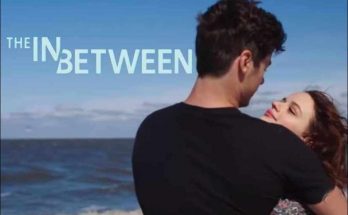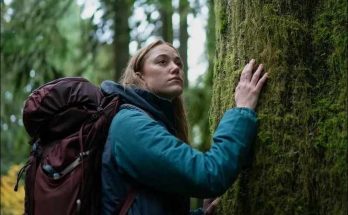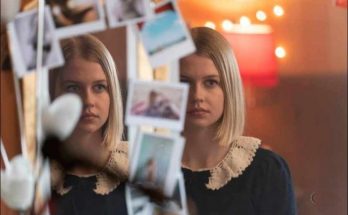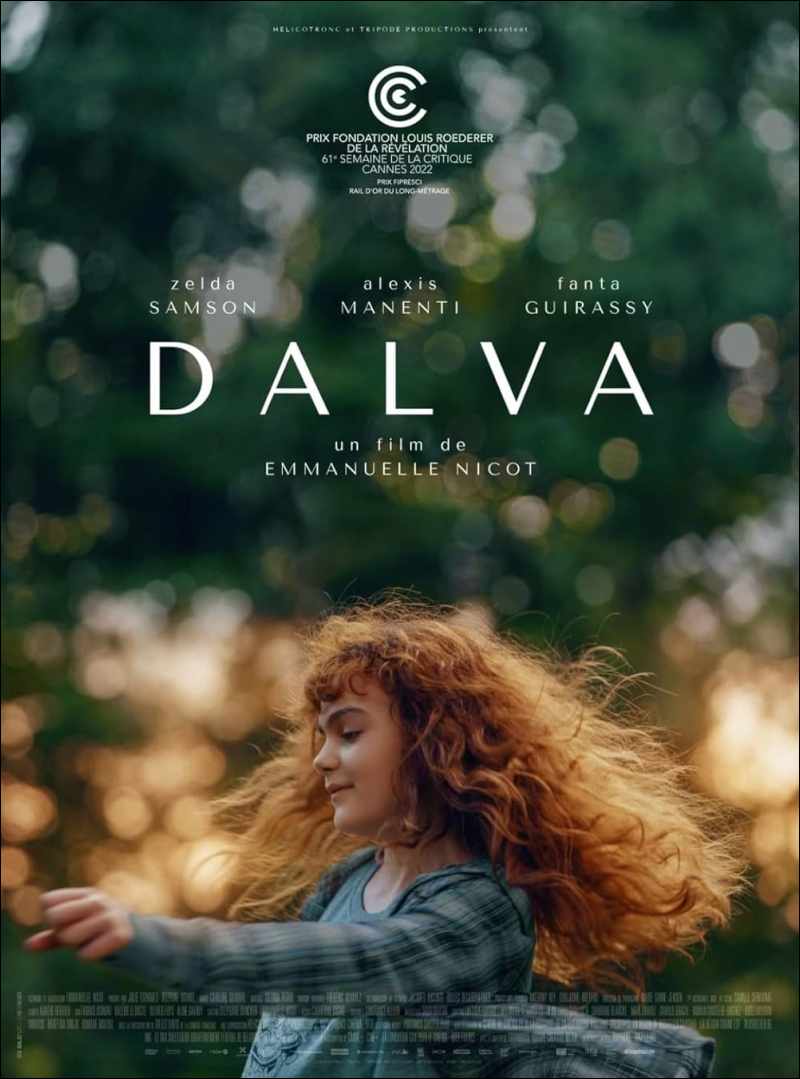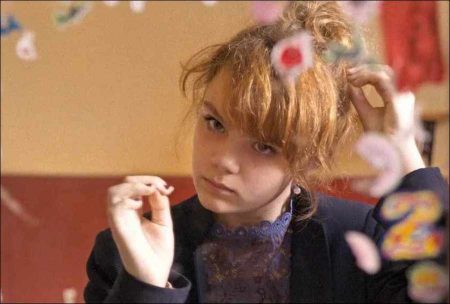
Love According to Dalva movie storyline. Dalva, 12, lives alone with her father. One evening, the police storms into their home and takes her into foster care. As Dalva befriends her new roommate Samia and social worker Jayden, she gradually comes to understand that the love she shared with her father was not what she thought. With their help, Dalva will learn to become a child again. In this poignant debut feature, Emmanuelle Nicot explores the ramifications of abuse with deep sensibility and uncompromising grace, in a hopeful journey to recovery.
Love According to Dalva (French: Dalva) is a 2022 Belgian-French film directed by Emmanuelle Nicot in her feature debut. It follows a 12-year-old girl who is taken away from her sexually abusive father and struggles to adjust to her new life in a foster home. At the 13th Magritte Awards, Dalva received nine nominations and won seven awards, including Best Film and Best Director for Nicot.
Film Review for Love According to Dalva
The title character of writer-director Emmanuelle Nicot’s feature debut “Love According to Dalva” is not like other girls her age. The 12-year-old dresses like a “lady,” as one of the girls at the youth shelter she’s been shipped to points out — by which she means like a woman much older. There are lace blouses and prim skirts, there are pearl earrings and a dowdy updo. Dalva (Zelda Samson) looks not so much like someone wanting to look older as she does like someone who doesn’t know how to act her age. Nicot tracks the way Dalva will find her way back to being and feeling like the girl she is.
When we first meet Dalva, it’s not immediately clear why she’s so dissimilar from girls her age. This is because she’s introduced to us as she’s kicking and screaming as the police are taking an older man (her father, it turns out) away from her. “Jacques!” she yells. “Dalva!” he responds. The two are inconsolable as officers do their best to keep them apart and drop the young girl off at a youth center where all Dalva can do is wonder why anyone would want to keep her away from her father.
The answer to that question may not seem obvious to her, but it is to everyone else: To hear lawyers and social workers (and even schoolmates) tell it, Dalva has lived for years with a man who’s led her to believe they are in love. The words “incest” and “pedophile” are thrown her way. She swats them away with aplomb. No one understands. She has not been forced into anything. There’s been nothing untoward about her (sexual) relationship with her father. There are valid reasons, she believes, why she hasn’t seen her mother in years, why she’s been home schooled, why they’ve constantly been on the move, and why she’s been kept so isolated from her peers.
Much of “Love According to Dalva” keeps audiences close to the character. Physically, for starters: DP Caroline Guimbal shoots many of the scenes at the youth center and at the school from an uncomfortably close range where Samson often takes over the entire shot. This leaves us with no kind of vantage point from which to understand what is happening around Dalva.
At times it forces us to feel as disoriented as she is when accusations are thrown her way. Slowly, Nicot allows film and character alike to open up. To blossom, even. As she develops a closer friendship with her roommate Saima (Fanta Guirassy) and begins to see her circumstances from other people’s perspectives, Dalva begins to (try to) shed the worldview she’s long considered natural about who she loves and, crucially, how she’s let herself be loved.
Wading into such thorny territory, Nicot deserves to be commended for writing Dalva with care. There’s no judgment in how she’s conceived, let alone in how she’s shot. The air of condemnation that sometimes greets her at school, by girls who cannot understand let alone empathize with her plight (the kind Saima suggests Dalva ignore altogether), stands in direct contrast with Nicot’s interest in telling her story.
But credit must be given to Samson as well. The young performer is luminous as Dalva, able to capture the continued bewilderment that comes as this young girl reexamines everything she’s ever known. It may well start with how she slowly sheds her ladylike exterior, swapping her grownup dresses for comfy sweatshirts, but it goes deeper. Samson slowly lets Dalva’s skittishness mellow enough that child-like wide-eyed wonder becomes the appropriate way she starts to look at the world. It’s a thrilling and gripping performance, moving just as easily toward a maturity in acknowledging what’s happened to her while also retreating into the welcome and much-needed innocence of which Dalva has long been robbed.
Given its subject matter, you’d be forgiven for thinking “Love According to Dalva” would be a difficult watch. And it is, to an extent, with many a scene skirting particularly unsavory territory — especially when it comes to how Dalva interacts with the men around her. But the film also finds room for humor and laughter, for pathos and catharsis.
Even as we follow this tightly wound-up girl who fears ever letting her guard down, Nicot encourages us to look at her not with pity but with grace. It’s an astounding feat of filmmaking, particularly for the way it avoids facile moralistic or didactic approaches to telling Dalva’s story. Instead it does what cinema is so well-suited to accomplishing, allowing us to inhabit another person’s consciousness by seeing the world through their eyes, their pain and even their trauma.
Love According to Dalva (2023)
Directed by: Emmanuelle Nicot
Starring: Zelda Samson, Alexis Manenti, Fanta Guirassy, Marie Denarnaud, Jean-Louis Coulloc’h, Sandrine Blancke, Maïa Sandoz, Charlie Drach, Roman Coustère-Hachez, Babetida Sadjo
Screenplay by: Emmanuelle Nicot
Production Design by: Marie Sonne-Jensen
Cinematography by: Caroline Guimbal
Film Editing by: Suzana Pedro
Costume Design by: Constance Allain
Art Direction by: Alexis Abé
Music by: Frédéric Alvarez
MPAA Rating: None.
Distributed by: Diaphana Distribution
Release Date: May 20, 2022 (Cannes), March 22, 2023 (France), March 11, 2023 (Belgium)
Views: 68

